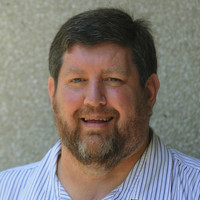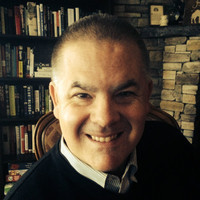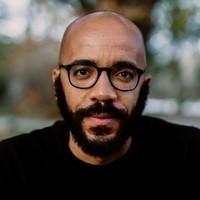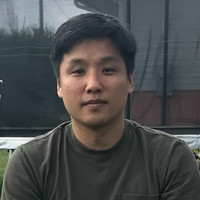Jennifer Senior is a staff writer for The Atlantic. Her article ”What Bobby McIlvaine Left Behind” won the 2022 Pulitzer Prize for Feature Writing. Her most recent article is ”The Ones We Sent Away.”
“I'm at the point where I'm only thinking about the big questions and the difficulty of being a human as what matter most. That's what I want to keep focusing on. Our common frailties, our common bonds, our common difficulties. Because clearly we are not going to bond politically as a nation, right? … But we can bond over our kids with disabilities. About the fact that we grieve, that we love, that we lose people. That we have friends that we love, friends that we hate. We have friendships that we miss, we have friendships that we can't live without.”








